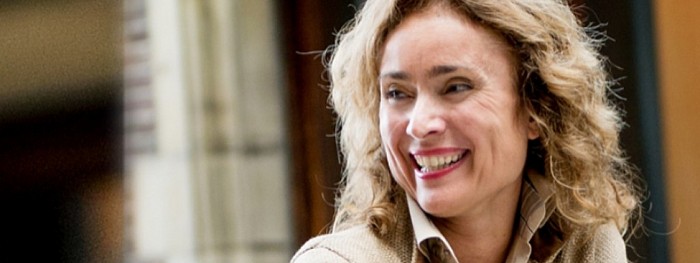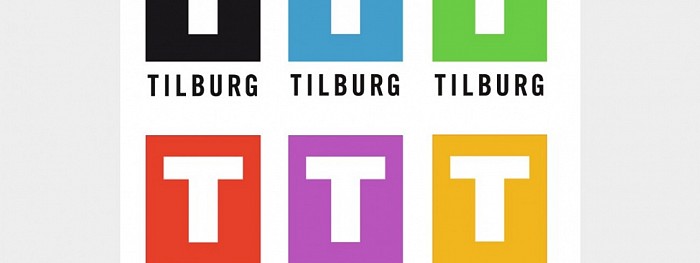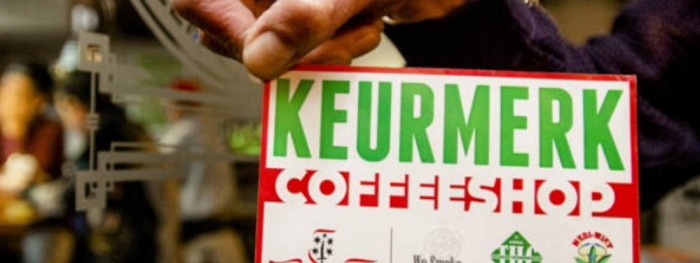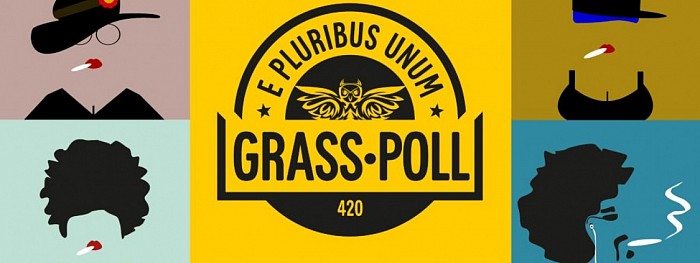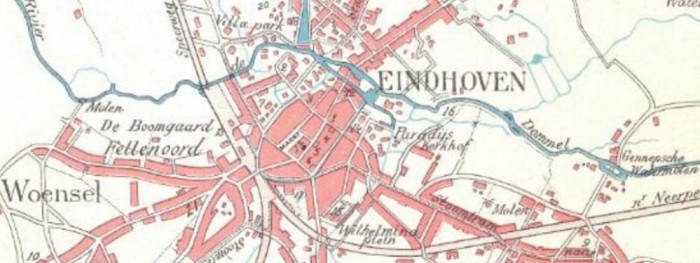Research Heerlen
The Heerlen regulation business case, an investigation of the actual situation (Peters & Uland, 2015)
As in many local councils, in the city of Heerlen a motion regulating cannabis cultivation was adopted, after the mayor ordered a practical investigation into the problems of regulating the back door of the coffee shop. The point is to ask the Minister on the basis of the principle of discretion to refrain from prosecuting the hemp intended for sale tolerated in the city of Heerlen. One consideration would be to ask to take a tolerance criterion B, B for supply (Bevoorrading) in the designation Opium Act. Regulation is then, according to the study by the municipality of Heerlen part of a comprehensive approach, which should bring up the issue of cannabis in four steps.
As in many municipalities, also in the city of Heerlen (south of The Netherlands) a motion to regulate cannabis-production got the majority in the city-council, whereafter in 2015 the mayor initiated a research on this matter focusing on the bottlenecks of regulation of supplying the coffeeshops. Hereby asking the Minister of Justice to prolonging the allowance-policy to not only the sales but also the growing of weed to supply the coffeeshops in Heerlen. A consideration could be to request for a supply-allowance-regulation as part of the direction on the opiumlaw-policy-outline, next to the sales allowance-policy-outlines, which results in not prosecuting certain aspects. Regulation acoording to the study of the city of Heerlen would be a part of an integrated approch, which should deal with problems surrounding cannabis in four steps.
The four steps are: Prevention, Repression, Aftercare and Regulation.
1 Prevention is aimed at educating cannabisconsumers 2. Repression is aimed at people insensitive to education and fighting criminal incentives of illegal streettrade and illegal growrooms. 3. Aftercare is about caring not to fall back into old criminal behaviour. 4. Regulation implies the controlled growing of cannabis where there is monitoring of the government, acoording to a tender, which will be for a term of 5 years. With the business-case in Heerlen is't about 14 strains of Dutch weeed and one brand of dutch-hash to supply the allowed sales of cannabis in the coffeeshops of Heerlen. How this choise came to be however is not cleared out in the study. For the diversity of the menu of the coffeeshops in Heerlen these would be:
1. White Widow 2. Powerplant 3. Northern light X 4. Superskunk 5. Top 44 6. K2 7. Bubblegum
8. Orange bud 9. Dutch Hope 10. B52 11. Snow white 12. Ice 13. Super Silver Haze 14. Anmesia Haze
15. Dutch hash (option)
- It is mentioned as an option that more or different strains, like foreign hash could be included in the future. These strains for a controlled supply should be lab-tested bij a lab with an exemption, next to the checks of contamination of the water of the growrooms, securing no pesticide or additives used with the growing. The supplyprice for coffeeshops should be 5 euro a gram including the quality control. As soon as the price on the illegal market would be lower, the pricepolicy would have to be corrected on this matter, otherwise the seperation of the markets policy would be undermined.
For a pilot of regulated cannabis-growing for the coffeeshopsales a period would be two years, according to this study, with a prolongation-option till 10 years total to see what the effects in real life would be.
The first part of the research describes the reason for the study with all the theoretical effects of regulation of the total coffeeshop chain.
The second part describes the business-case, with a theoretical programm of demands formulated like a tender. A practical test by a company is also described here, to see if the theoretical outlines for setting up a controlled grow-facility would be possible in real life. Could idealogical outlines be translated to a up and running safe facility? Is it possible to legally grow cannabis to handle the backdoor of the coffeeshops for real? To make a judgement on these matters practical calculations and theoretical outlines of a tender some questions were formulated:
A.Can the facility deliver the needed quantity for 500 kilo weed a year?
B. Can the facility deliver quality and diversity?
C. What are the business-wise economical demands?
Can a grow-company be price-competetive so that no streettrade will be left (5 euro per gram)?
Can the grow-company be able to work profitable?
Which economical securities does the company need?
D. Security demands:
- Can the business be secured to a resonable level?
- Can the business produce at a safe manner?
- Can the business secure a safe transportation chain?
The theoretical programm was tested by an anonimous company, who answered all these matters.
The third part of the research descibes the legal matters for a possible pilot. These will be relevant if is shown that growing weed under the tender demands is possible, which the idea that the Ministry will not allow an experiment for the regulated growing of weed. Legal steps would have to make this possible anyway, to fight organized crime, secure safety in neighbourhoods and increase en promote health. If there would be a agreement for an experiment part three will not be needed.
Two scenario's from a legal perspective are mentioned when it comes down to a grow experiment:
1. An opiumexemption-procedure, where costs only for the writing during three months would be about 7500 euro, and the Ministry has three months to react. If it will be dismissed an appeal would be possible.
2. Proceding a civil courtcase against the government to quicky start a grow-experiment and could include a possible bottum-procedure as well, which would cost about 60.000 euro.




